Adam Hansen, chairman of the cyclists' union, speaks out about safety: "If a radio saves a life..."
CyclingSunday, 06 October 2024 at 08:09
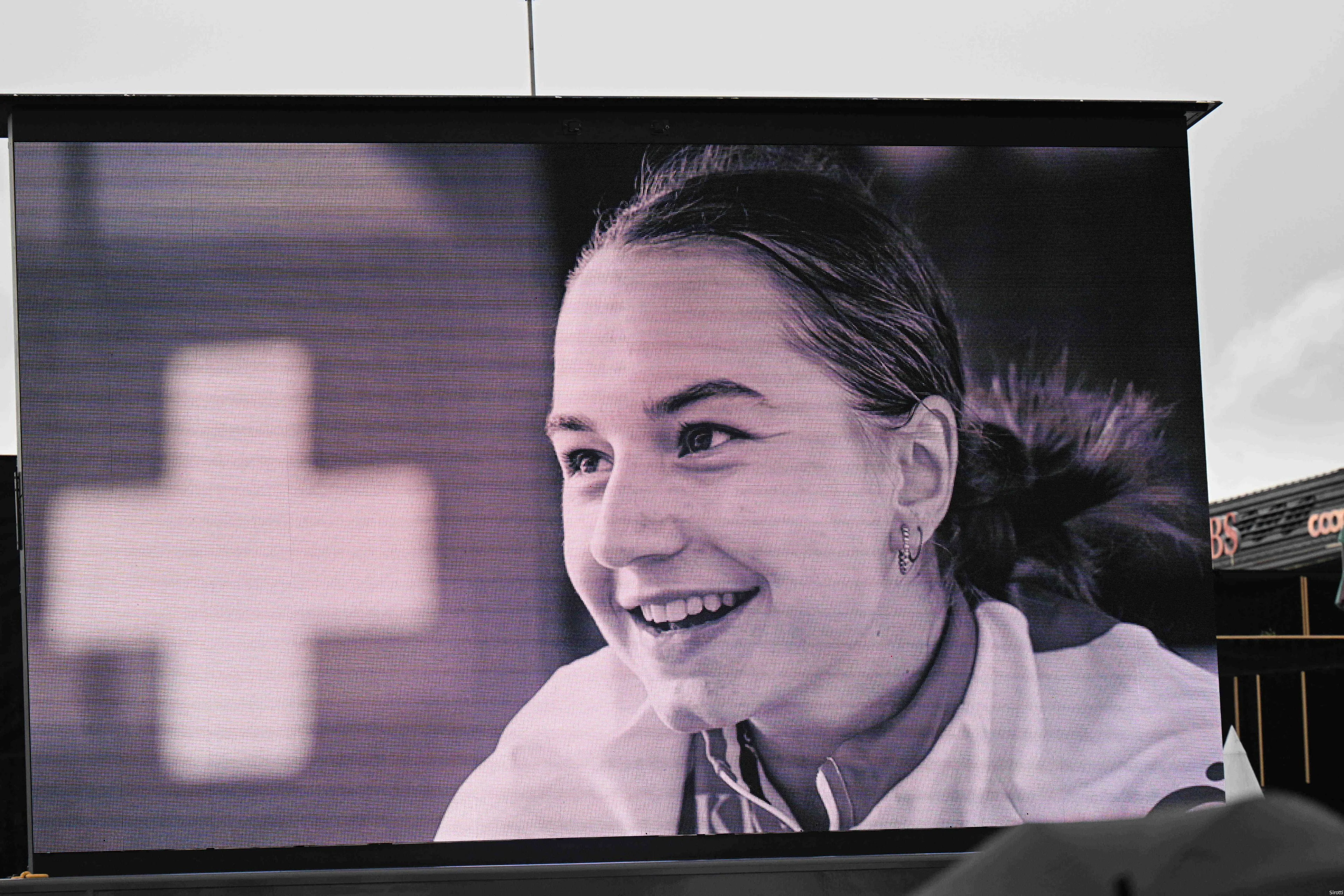
Gino Mäder, André Drege, Muriel Furrer: in roughly fifteen months' time, the cycling world lost three riders far too young. The recent death of Furrer at the World Championships in Zürich reignited the discussion about safety in cycling. Adam Hansen, chairman of the riders' union CPA, spoke about this much-debated topic with Cicloweb.
"The three recent fatalities all have one thing in common: none of the race organizers or stewards noticed them," the 43-year-old Australian begins. "At the Tour of Switzerland, a director found the rider (Gino Mäder, ed.) simply because he happened to pass by, and the 'reaction time' was quite fast in that instance. At the Tour of Austria, another rider (André Drege, ed.) was found about 25 minutes after the broom wagon had passed. In this case too, neither the organizers nor the commissioners noticed that he was no longer in the race. In Zürich, as far as I understand, it was even worse. The race was over before they realized that (Muriel Furrer, ed.) was missing," Hansen reflects on the three recent cycling tragedies.
"I heard that she had already been there for over an hour," the chairman continues about Furrer's death, where reaction time once again played a crucial role. "Perhaps she was conscious, we don’t know. But the race passed by there many times, and no one saw her." Hansen runs through a simple calculation. "The race started at 9:50 AM (local time, ed.), the winner finished in two hours. It was reported that the helicopter found her at 12:52 PM, more than an hour after the race ended, and even longer when you consider the time of the accident. It’s heartbreaking."
Read more below the photo!
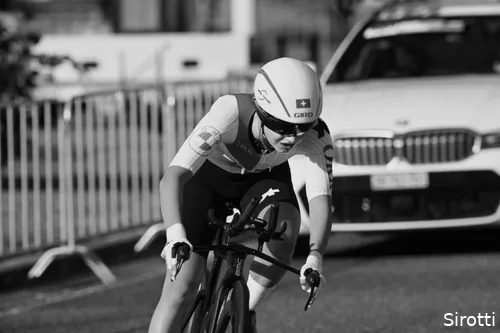
"Difficult to directly point fingers at organizers," says Hansen
Does Hansen place the blame on the organizers? "It’s hard to point fingers directly at them. In all three cases I mentioned, none of the organizers had their eye on the rider. So you either need marshals covering all the descents or a tracking device," the Australian suggests as possible solutions. "We can’t prevent accidents, it’s part of the sport. But reaction time is crucial. In Austria, the rider passed away immediately. In Zürich, the story was quite different."
After many (former) riders had already voiced their concerns, Hansen also believes that communication via earpieces is the best solution. "Radios can be useful in some cases. And if one of those saves a life, we must implement them. I can't even tell you how many riders asked me for radios after Zürich. In big stage races, I’ve often been alone during extremely fast descents. It’s not a good feeling when the radio doesn’t work," the former rider shares from experience.
Read also
IDL-productions
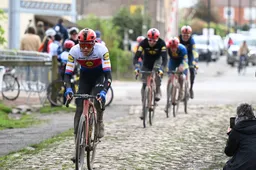
Last year, he was spot on: Lidl-Trek team leader De Jongh names his spring surprise for 2026
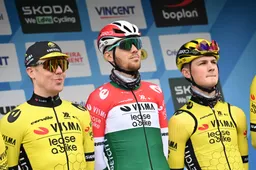
Attila Valter on why he left Visma | Lease a Bike: 'If it is what it is after three years, its not going to change'
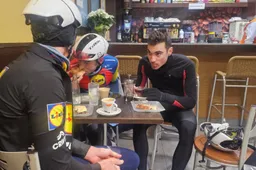
Still in black, but soon in colorful Lidl-Trek jersey: Juan Ayuso praises new environment

Bouwman not afraid to change at 32 after first disaster year outside of Visma: 'Have to be honest with myself'
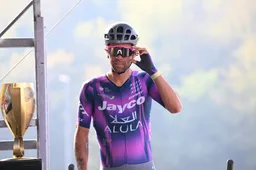
Sanremo, a world title and the yellow jersey: Michael Matthews escaped death - and that reignited his spark
Latest Cycling News
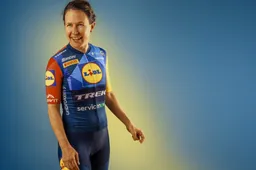
Women's peloton will lose an icon after 2026: Amanda Spratt will end her career at the end of the season

Tadej Pogacar makes time in Italy to pay his respects to late rider
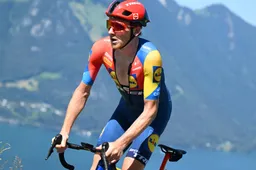
Will the surprise of 2026 at Lidl-Trek come not from Pedersen or Ayuso, but from a forgotten Giro winner?

Vincenzo Nibali knows exactly why Tadej Pogacar never won Milano-Sanremo

Important Updates on Possible Giro d’Italia plans for Jonas Vingegaard and Unibet Rose Rockets
Popular Cycling News
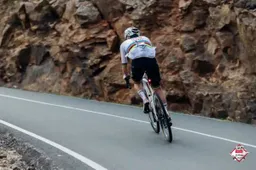
Jonas Vingegaard won't get a call from Tadej Pogacar

Vincenzo Nibali knows exactly why Tadej Pogacar never won Milano-Sanremo

Will the surprise of 2026 at Lidl-Trek come not from Pedersen or Ayuso, but from a forgotten Giro winner?

Important Updates on Possible Giro d’Italia plans for Jonas Vingegaard and Unibet Rose Rockets

Tadej Pogacar makes time in Italy to pay his respects to late rider
Latest Comments
- Those events are mental rest for him. Fun, without expectations. *Sagan lost his abilities because he gained weight and got lazy. Pogi will likely retire before that has a chance at happening.Veganpotter14-12-2025
- Ah, the consequences of riding for Israel.Veganpotter11-12-2025
- Pidcock could follow everyone but Pogi while finishing 3rd. No second place rider this season😃Veganpotter16-11-2025
- Now the Palestinian protestors can stop their whining. Trump came to the rescue. So they can now STFU and go back to waving the rainbow flags.raufus15-10-2025
- Cracked the code lol. If it was that easy to 'crack the code' jonny Vegas would be charging up the Kwaremont giving Pog a dose of his medicine. Evenepoel can't match pog on a climb and neither can mvdp. Anything with a half difficult climb and Pog smashes the field. Even on flat(ish)parcours like Roubaix it came down to a mistake and crash by pog to definitively crown mvdp. MSR is the only one that Pog probably won't win.kevpt10-10-2025
- We've seen this movie before. I think Pogacar is doping.DeadBlow10-10-2025
- 👍Bea08-10-2025
- 👌🏻Bea08-10-2025
- What the data doesn't show is how much of an effect drafting had for evenepoel. Pogacar went with del toro at 100km whilst Evenepoel was still in the bunch. Despite the bike changes he still had a lot of assistance getting back to the bunch. Pogacar then rode 60km solo whilst evenepoel rode with Healy/Skjelmose until going solo in thd last 10-15km. Thats ~20% less power / energy requirements for 45-50km. Apples and oranges...kevpt30-09-2025
- 👏👏Bea24-09-2025
Loading


